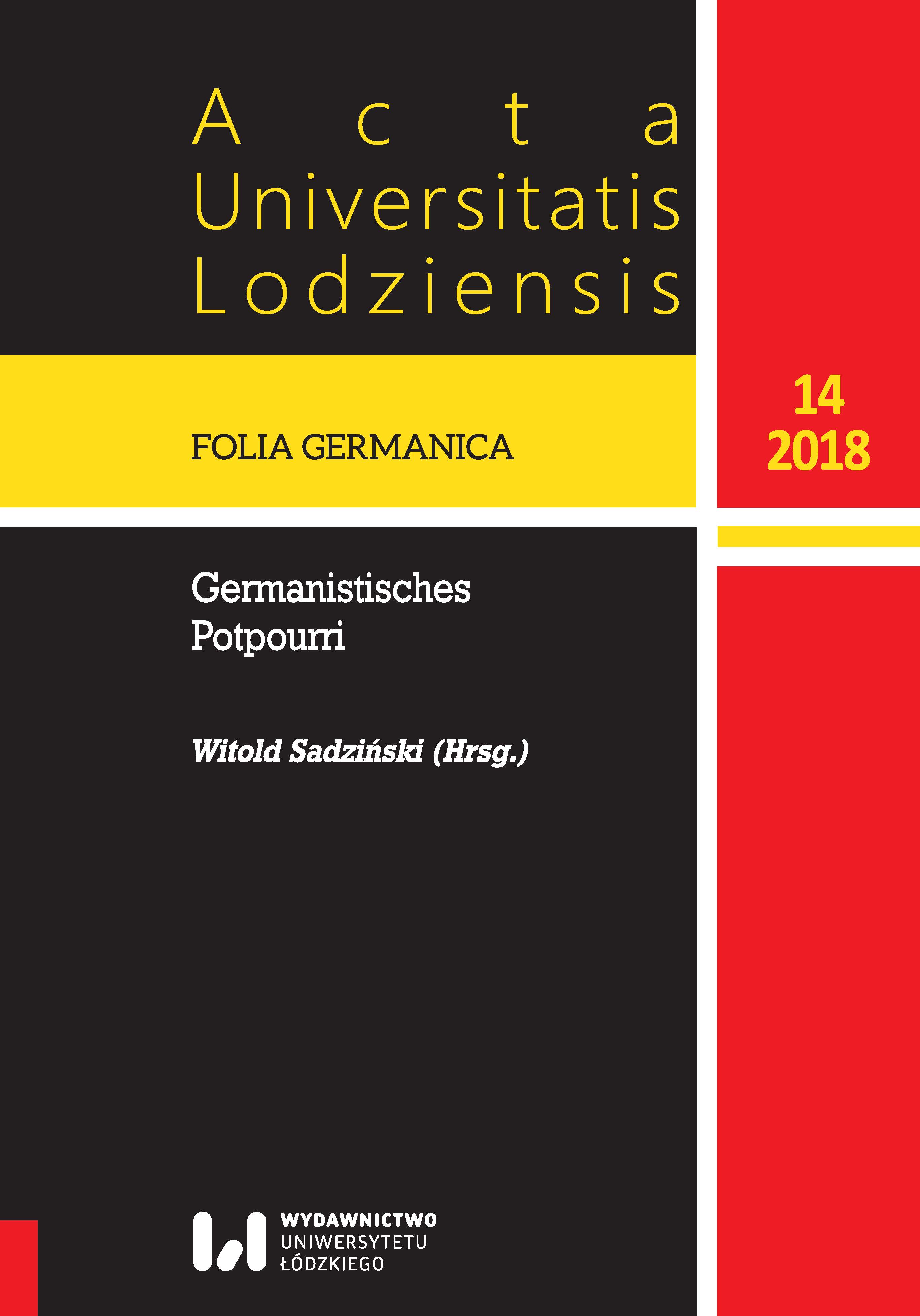Über die Politisierung des Antigone-Mythos bei Rolf Hochhuth
About the politicization of the Antigone myth by Rolf Hochhuth
Author(s): Anna WilkSubject(s): Studies of Literature, Philology, Theory of Literature
Published by: Wydawnictwo Uniwersytetu Łódzkiego
Keywords: myths in the literature; Antigone; Rolf Hochhuth; Die Berliner Antigone
Summary/Abstract: The Antigone myth is one of the most famous myths in the history of literature. History of sisterly love is as old as the human civilization, although it still inspires literary scholars to look for new interpretations. Rolf Hochhuth converts mythical theme into Second World War story. Die Berliner Antigone looks at the National Socialism and asks about conditio humana. Likewise Hochhuth’s Antigone rejects human laws and buries her dead brother – nameless officer sentenced to death for his “shameless” remark: It was Hitler, not Russians, who destroyed the 6th Army at the Stalingrad. Interestingly Anne, alias Antigone, is not motivated by politics or religion but nevertheless she’s still dragged into political machinations and extermination system. Heiner Müller wrote in his biography: ‘myths are clotted collective experiences, or esperanto – an international language, that is understood not only in Europe’. Basing on Hochhuth’s story one can analyze transformations of a myth and functions attributed to it only to notice that models human behavior are basically the same. In his novel German writer is only referencing ancient myth showing readers, through modernization, how timeless the theme is.
Journal: Acta Universitatis Lodziensis. Folia Germanica
- Issue Year: 2018
- Issue No: 14
- Page Range: 93-101
- Page Count: 9
- Language: German

